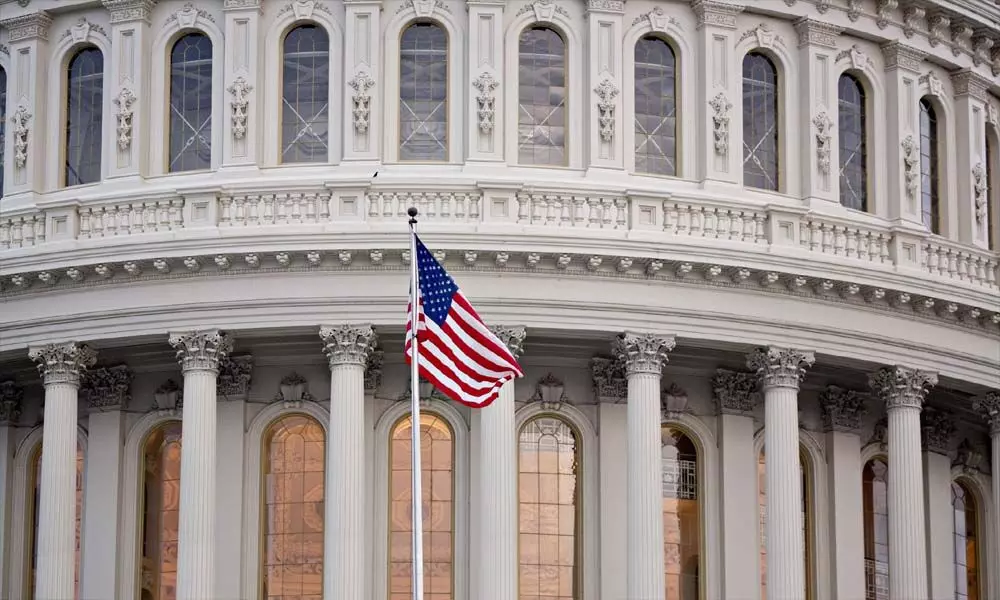High Court Rejects State's Challenge to Work-From-Home Taxes

High Court Rejects State’s Challenge to Work-From-Home Taxes
The U.S. Supreme Court rejected a New Hampshire challenge to Massachusetts’ practice of taxing people who once worked in that state but started telecommuting from elsewhere during the pandemic.
The U.S. Supreme Court rejected a New Hampshire challenge to Massachusetts' practice of taxing people who once worked in that state but started telecommuting from elsewhere during the pandemic.
Turning away a case that could have put billions of dollars at stake, the justices, without explanation, denied New Hampshire permission to sue Massachusetts directly at the high court.
Had it gone forward, the case could have determined the fate of similar, permanent tax laws in New York, Pennsylvania and three other states. New Jersey and Connecticut urged the court to accept the New Hampshire lawsuit, saying they are losing massive sums to neighboring states, primarily New York, in violation of the Constitution.
The stakes were especially high for New Jersey, which told the court last year it expects to credit as much as $1.2 billion to its residents for income taxes paid to New York in the 12 months starting in March 2020. Before the pandemic, more than 400,000 residents of New Jersey commuted to jobs in New York City.
Arkansas, Delaware, Nebraska and Pennsylvania also tax non-residents for work they do from home for in-state employers. Connecticut taxes nonresidents who work from home but only if their states do so as well.
Pandemic Rule
Massachusetts said it adopted its rule in April 2020 to maintain the status quo during the pandemic. The outbreak meant that people who once commuted into Boston were suddenly doing the same jobs from their homes in New Hampshire, Connecticut or other neighboring states.
"Massachusetts businesses could simply continue withholding as before, without need for continual changes due to fluctuating remote-work circumstances over the course of the declared emergency," the state argued. The rule expired on June 15 of this year, Massachusetts told the court.
New Hampshire said Massachusetts was taxing work that happened entirely outside its borders. New Hampshire, which doesn't impose an income tax, said its neighbor was violating the Constitution's commerce and due process clauses.
"The Commonwealth of Massachusetts has launched a direct attack on a defining feature of the State of New Hampshire's sovereignty," New Hampshire argued.
New Hampshire's effort suffered a blow when the Biden administration urged rejection of the case, saying it doesn't involve the type of sovereign interests needed to invoke the court's so-called original jurisdiction.
Under the court's longstanding practice, states seeking to file original jurisdiction suits are required to ask permission and show they don't have an alternative forum to press their case.
Justices Clarence Thomas and Samuel Alito said they would have let New Hampshire sue. They have previously said they read federal law as giving states an unfettered right to sue one another directly at the Supreme Court.














